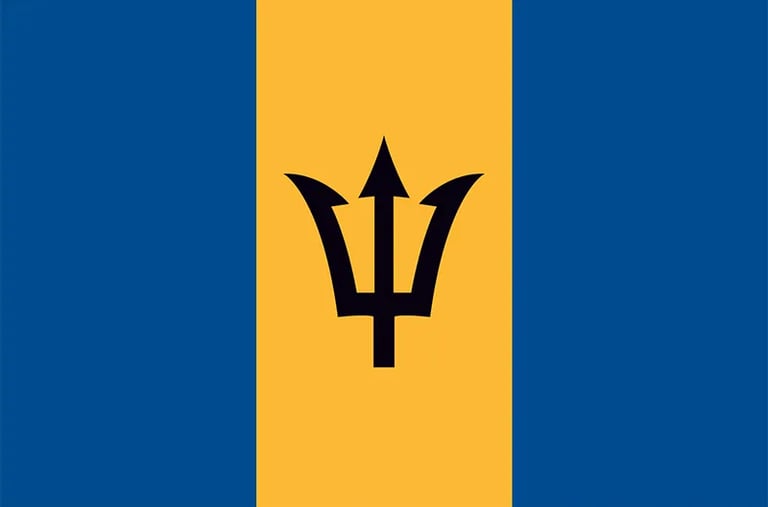Barbados
From Wikipedia


Barbados is an island country in the Lesser Antilles of the West Indies, in the Caribbean region next to North America and north of South America, and is the most easterly of the Caribbean islands. It lies on the boundary of the South American and Caribbean plates. Its capital and largest city is Bridgetown.
Inhabited by Kalinago people since the 13th century, and prior to that by other Indigenous peoples, Spanish navigators took possession of Barbados in the late 15th century, claiming it for the Crown of Castile. It first appeared on a Spanish map in 1511. The Portuguese Empire claimed the island between 1532 and 1536, but abandoned it in 1620 with their only remnants being an introduction of wild boars for a good supply of meat whenever the island was visited. An English ship, the Olive Blossom, arrived in Barbados on 14 May 1625; its men took possession of the island in the name of King James I. In 1627, the first permanent settlers arrived from England, and Barbados became an English and later British colony. During this period, the colony operated on a plantation economy, relying on the labour of African slaves who worked on the island's plantations. Slavery continued until it was phased out through most of the British Empire by the Slavery Abolition Act 1833.
On 30 November 1966, Barbados moved towards political independence and assumed the status of a Commonwealth realm, becoming a separate jurisdiction with Elizabeth II as the Queen of Barbados. On 30 November 2021, Barbados transitioned to a republic within the Commonwealth, replacing its monarchy with a ceremonial president.
Barbados's population is predominantly of African ancestry. While it is technically an Atlantic island, Barbados is closely associated with the Caribbean and is ranked as one of its leading tourist destinations.
Nassouh GSPI
Assessing global strength through various metrics.
contact us
gspi@nassouh.com
© 2025. Nassouh, All rights reserved.
